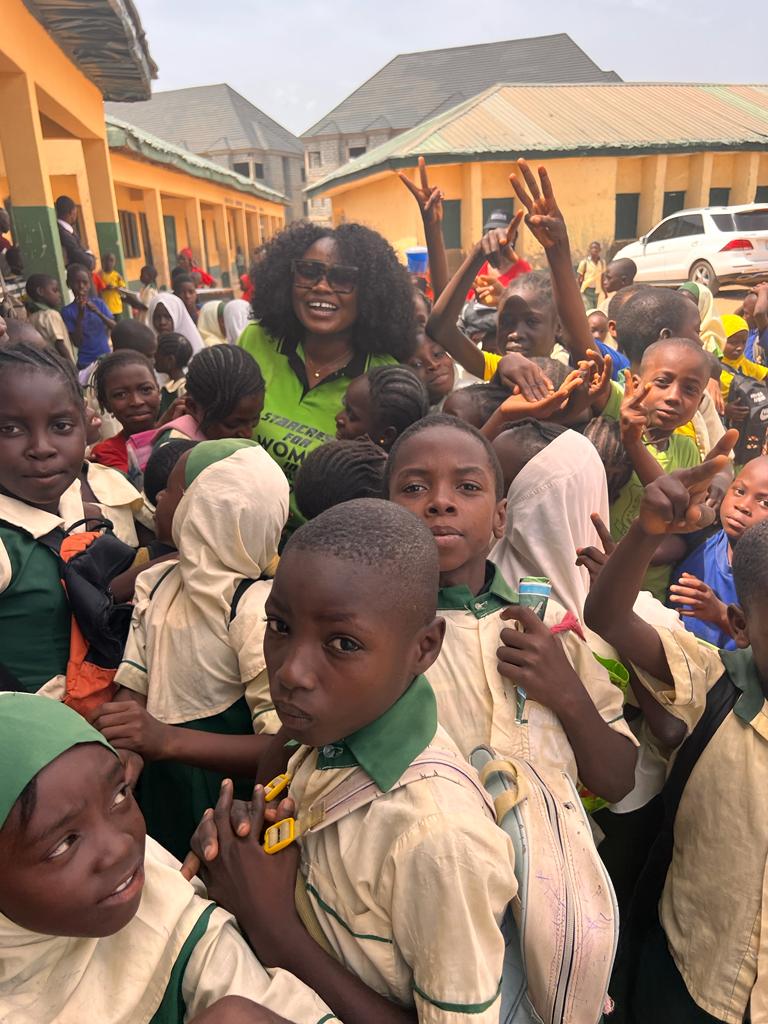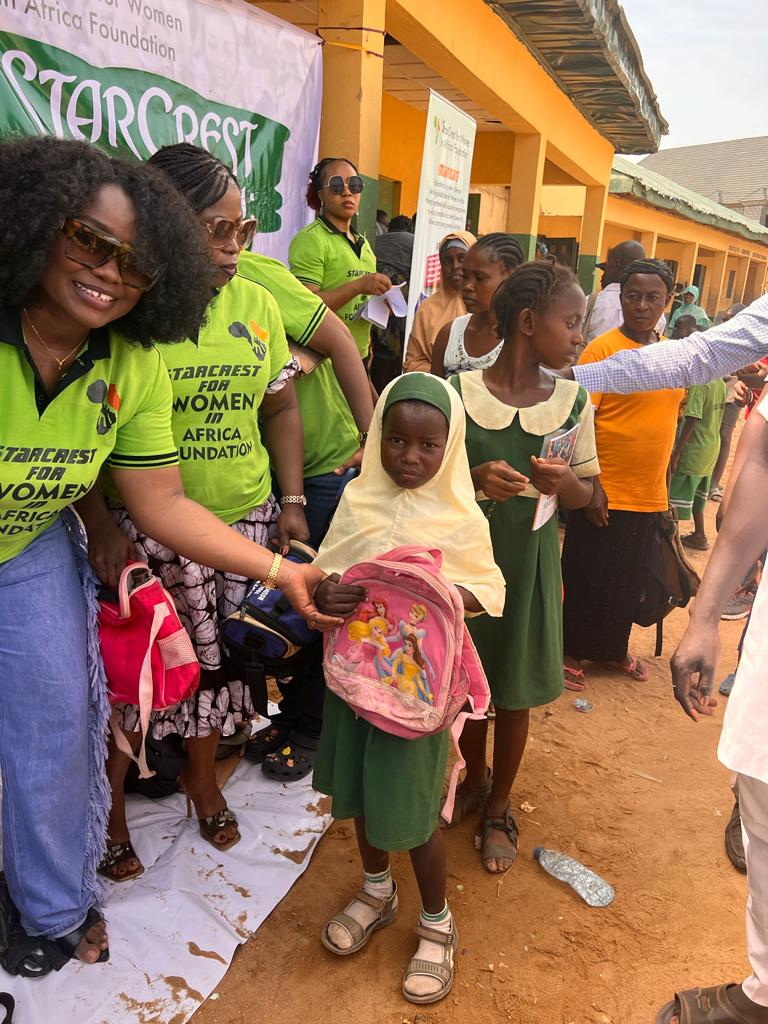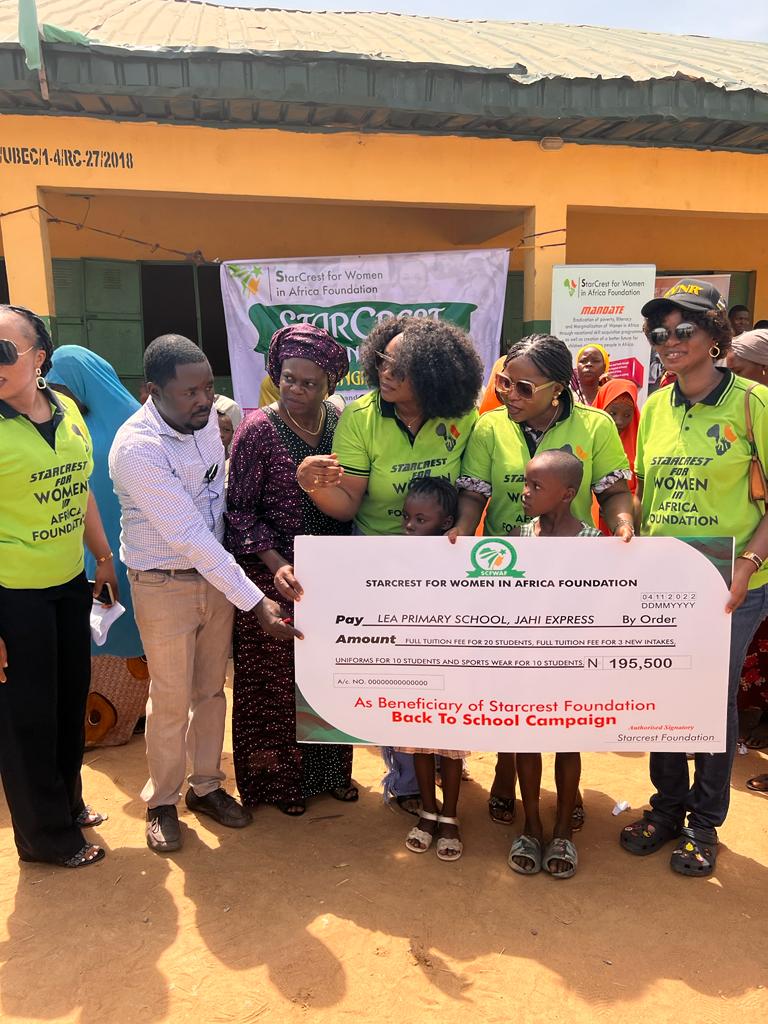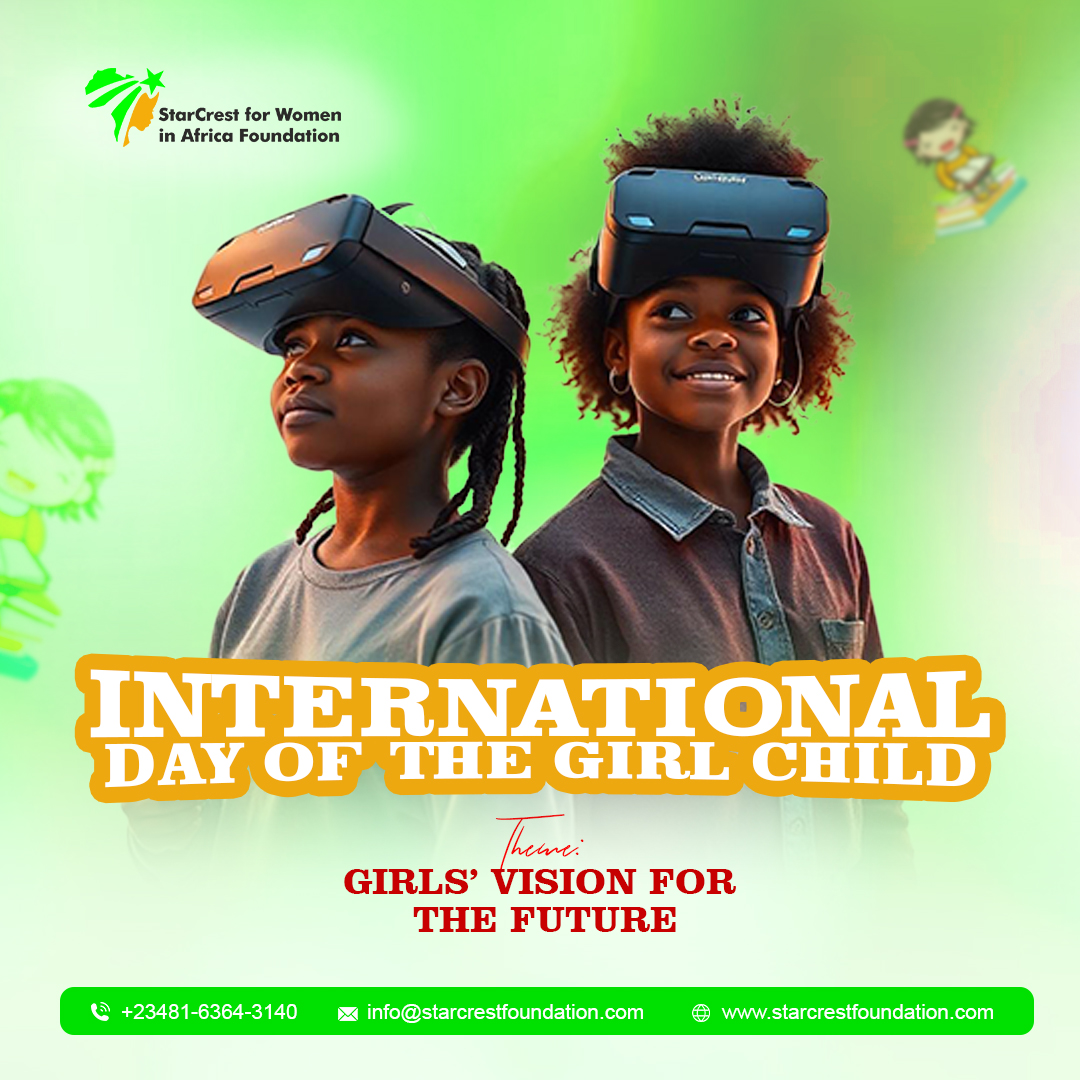In Nigeria, the journey to basic education for the girl child is often fraught with challenges, perpetuating a cycle of inequality and hindering progress towards a brighter future. Despite efforts to promote education for all, disparities persist, particularly impacting girls in rural and marginalized communities.
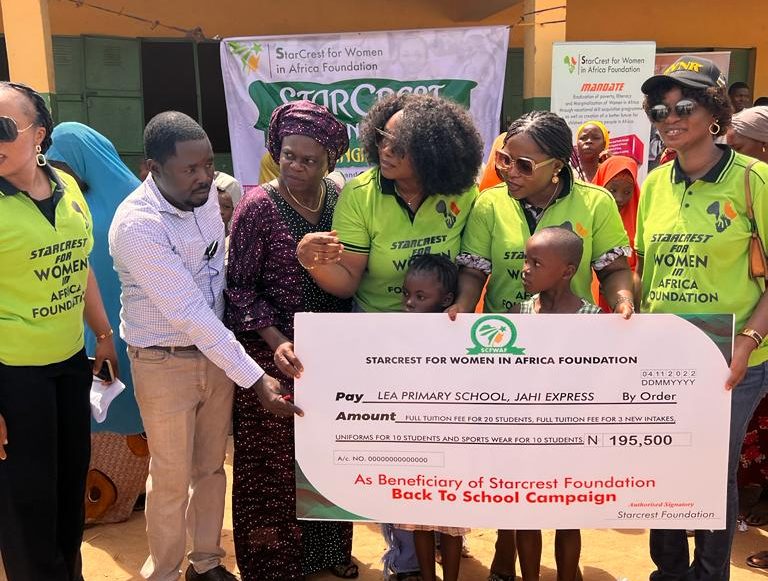
According to figures from UNESCO, approximately 60% of out-of-school children in Nigeria are girls. Economic factors, cultural norms, and security concerns contribute to this alarming statistic. Many families prioritize the education of boys over girls, perpetuating gender inequality and limiting opportunities for female empowerment. It’s important to recognize that girls’ access to education is shaped by intersecting forms of discrimination, including factors such as disability, ethnicity, and socioeconomic status. Efforts to promote girls’ education must be inclusive and address the unique challenges faced by marginalized groups.
Economic constraints also play a significant role, as families struggle to afford school fees, uniforms, and other associated costs. Additionally, long distances to schools, coupled with safety concerns, often deter parents from sending their daughters to school, especially in regions affected by conflict and insecurity. Cultural norms and traditional gender roles further exacerbate the challenges faced by girls seeking education. Deep-rooted beliefs about the role of women in society often prioritize domestic duties over academic pursuits, limiting girls’ access to schooling and perpetuating cycles of poverty and gender inequality.
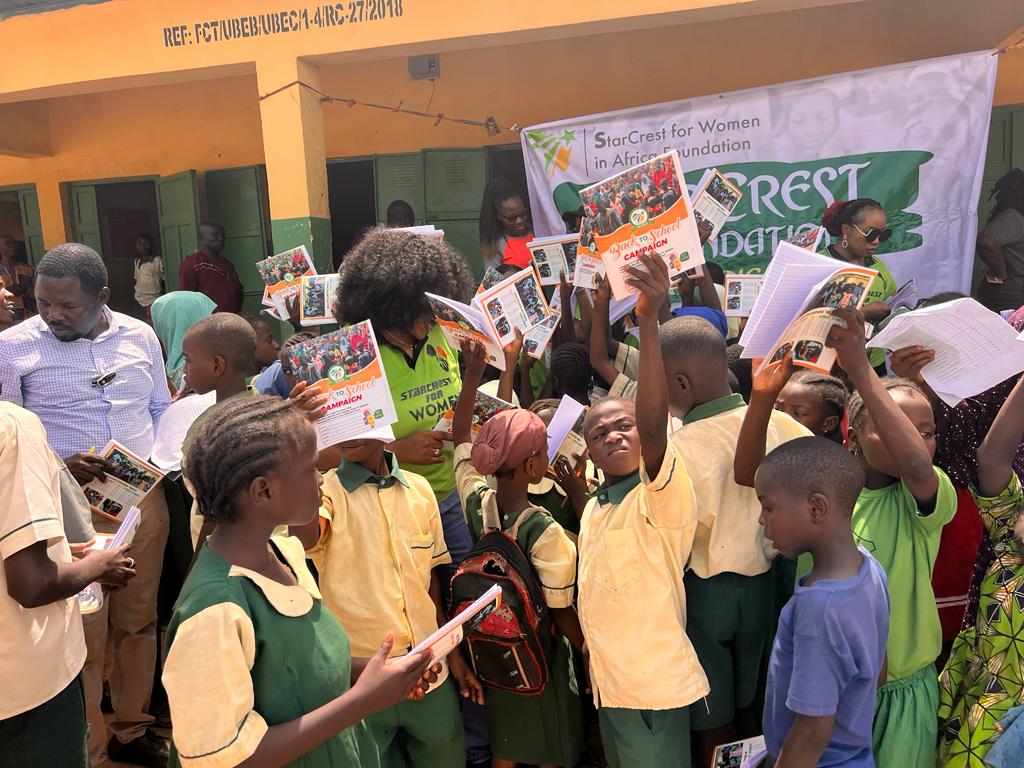
Investing in girls’ education is not only a matter of social justice but also a strategic investment in Nigeria’s future. By empowering girls with knowledge and skills, we can break the cycle of poverty, improve health outcomes, and drive sustainable economic development, aligning with the Sustainable Development Goals
Furthermore, inadequate infrastructure and resources within the education system pose additional barriers to girls’ education. Many schools lack basic facilities such as classrooms, toilets, and safe drinking water, making learning environments inhospitable, particularly for girls. Addressing these challenges requires a multi-faceted approach, encompassing policy reforms, community engagement, and targeted interventions. Governments must prioritize education funding and enact policies that promote gender equality in schools. Community involvement and awareness campaigns are essential to challenge harmful norms and attitudes towards girls’ education. Investments in infrastructure and teacher training are also crucial to create safe and supportive learning environments for girls. By addressing these systemic barriers, Nigeria can unlock the full potential of its girl child population, fostering inclusive development and sustainable progress for all.
In conclusion, the plight of the girl child in accessing basic education in Nigeria is a pressing issue that requires urgent attention and concerted efforts from all stakeholders. Only through collective action and commitment can Nigeria ensure that every girl has the opportunity to fulfill her potential and contribute meaningfully to society and partnerships between governments, NGOs, and global stakeholders are essential for scaling up efforts to ensure every girl has access to quality education. As individuals, we all have a role to play in advancing girls’ education in Nigeria. Whether through supporting local organizations, advocating for policy change, or simply raising awareness about the importance of girls’ education, together, we can make a difference. Let’s join hands to ensure every girl has the opportunity to fulfill her potential and contribute to a brighter future for Nigeria.
